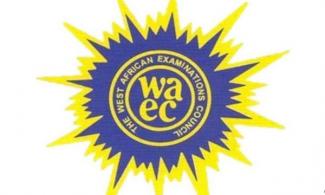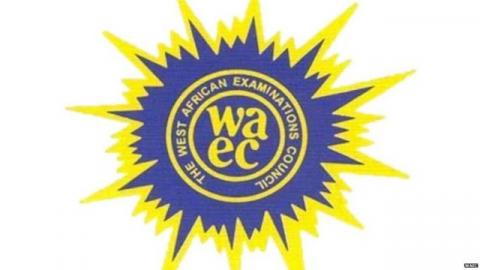
The council’s head of national office Patrick Areghan disclosed this at a news conference to announce the release of results of the WASSCE 2021 for private candidates.
The West African Examinations Council (WAEC) says prospective candidates without the National Identification Number (NIN) will be allowed to take this year’s West African Senior School Certificate Examination (WASSCE).
The council’s head of national office Patrick Areghan disclosed this at a news conference to announce the release of results of the WASSCE 2021 for private candidates (Second Series) on Monday in Lagos.

Areghan was speaking against the backdrop of apprehension by parents, following the recent collapse of the NIMC portal.
He noted that it was commonplace to occasionally experience such challenges with the introduction of new policies, noting that everything would fall in place with time.
“When the NIMC portal had the challenge, many persons became apprehensive, especially as it fell within the period when candidates were supposed to be registering for the 2022 WASSCE for schools,” stated Mr Areghan. “I remember very clearly that before now, we had announced that candidates will not be able to write the WASSCE without the NIN, that is, no NIN, no exam.”
He added, “We want to state here that following the recent challenge posed by the NIMC portal, candidates are free to write the examination without presenting their NIN. Those with the NIN card can come along with it to school but nobody is going to be disadvantaged.”
He also mentioned that “we have instructed principals of schools to compile and forward list of prospective candidates without the NIN” to WAEC.
Announcing the result of the WASSCE for private candidates (2021 Second Series), the HNO said 52,973 candidates registered, with 51,444 of them writing the examination.
He said 49,584, representing 96.38 per cent had their results fully processed and released, while 1,860, representing 3.62 per cent had a few of their subjects still being processed.
According to him, this is due to errors traceable to the candidates, noting that efforts are being made to speedily complete the processing.